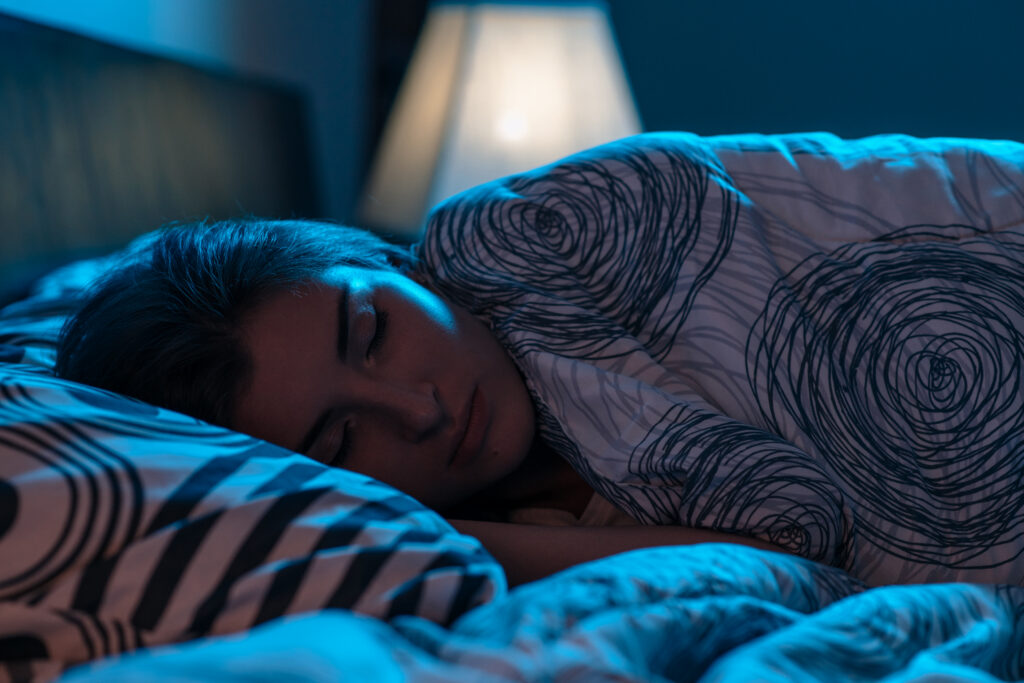
One of the things that is becoming more evident over time is that “wellness” and “good health” do not have a particular look. With the aggressive influence of social media and marketing campaigns stressing that a particular physical aesthetic represents good health, it is easy to think that there is only one measure of what health is. Furthermore, a lot of times our happiness is equated with this as well. This idea itself can lead to several negative health consequences (e.g., low self-esteem, a strained relationship with food, anxiety, depression, and more).
The official definition of health, according to the World Health Organization (WHO), is “a state of complete physical, mental, and social well-being and not merely the absence of disease or infirmity.” The absence of using a numerical value, such as a BMI percentage (Body Mass Index) or a weight range, reinforces the fact that being healthy does not have to do with looking a certain way.
While there are many measures and steps you can take to work towards better health and well-being, there are four fundamentals to wellness that you can start targeting from now. Think of these four as a foundation upon which you can build habits that support your personal wellness goals and your overall mental health.
Sleep is important because it is the time when your body and mind can disengage from the physical and mental work of the day and take time to recover. A good night’s sleep can help reduce stress levels, increase the ability to concentrate, and help you regulate your emotions.

A sedentary lifestyle (spending many hours sitting or lying down with very little movement) can take a toll on your health, so getting in regular movement is important. There are many types of movements that you can engage in, such as walking, weight-lifting, yoga, martial arts, and dance. Find something that works for you and that you can enjoy so that you can incorporate it into your regular routine. In addition, pay attention to how much you move during the day and see if you can add in a bit more movement, even if it’s walking around for a couple of minutes every hour or standing up to stretch.
If there was only one way to eat food that supports your overall health, then there would not be so many food-related programs and regimes that are being sold and promoted. While there are some basic truths that you can rely on (i.e., fresh foods are better than packaged foods; artificial ingredients and highly-processed foods can be harmful to your health etc.), there is no single style of eating that is suitable for every individual. Pay attention to what, why, when, and how you are eating as well as how you feel afterwards and use that as an initial cue to any adjustments you may want to make to your nutrition. Consulting with a nutritionist and also your physician can be helpful, but even then, pay attention to how you actually feel and modify your habits accordingly.

This may seem like the same as feeling rested or sleeping well, but it is actually something very different. Relaxing and unwinding is about consciously making time to de-stress and decompress from your day. This habit is about prioritizing the need to actually take time in your day to do something that allows you to detach from things that bring you stress and engage in things that bring you joy and comfort. This can vary from meditating, doing deep breathing exercises, connecting with a friend, or participating in a fun activity.
It is important to remember that our mind and body are connected. Often, when we do not feel good physically, it affects us mentally as well (inability to concentrate; loss of enjoyment in usual activities; low mood). Similarly, when we feel stressed and depleted mentally, it can affect us physically (body aches; lethargy; increased levels of cortisol). Keeping this in mind, do take time to pay attention to your health and make small, sustainable adjustments to keep supporting your wellbeing.
If you would like to learn more, please get in touch. We are also here to support you if you are unsure how to proceed or need help in one of the most important Kuwait centers for mental health. From mental health experts to nutritionists, physiotherapists, and wellness coaches, we take an integrated and holistic approach when helping others work towards good health. You can reach us anytime via: 1 820 212.
Dr. Ayesha Kamal is a psychotherapist in the Mental Health and Wellness Department, which is part of the Fawzia Sultan Rehabilitation Network. She is currently available for individual (age 15+) therapy and group counseling. She is also available to run workshops related to mental health and wellness. Dr. Kamal can be reached at [email protected] or an appointment can be made with her by calling 1 820 212.